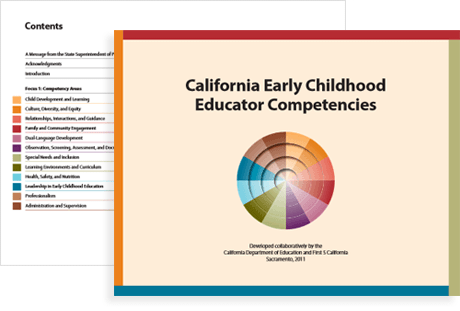We each bring our experiences, perspectives, and worldview to our work — the good, the bad, and all of the in-between. These are what make us who we are and influence our practice with children, families, and colleagues. We also hold in our minds a picture of our ideal selves. Knowing more about yourself can pave the way to becoming the person and the early educator that more closely matches your ideal self. This first Key to Reflection and Inquiry can help you become more self-aware and intentional in examining who you are now and who you want to become.

Being a professional requires that you abide by a set of ethics. Your ethics need to be applied with an awareness of the social and political realities in which you work. Decisions you make within your ethical framework determine how you foster equity.
Visit the National Association for the Education of Young Children (NAEYC) to review Position Statements of Ethical Conduct.
Read the 3 scenarios in Ethical Dilemmas — situations that early childhood professionals have encountered. After reading each dilemma, reflect on how you might respond. Consider a variety of possible responses your might have and their pros and cons.
Reflect on these questions for each dilemma:
Use this template to record your observations, thoughts, and feelings. Download the Template
Deepen your understanding of the expectations for professionalism by reviewing Performance Area 2: Professional Conduct and Behaviors in the CA ECE Competencies. Scroll to page 100.
Can you find other places in this competency area that address these questions?

Read the article "Teachers As Activists" to learn about a teacher who extends her values into activism on behalf of the children and families with whom she works.